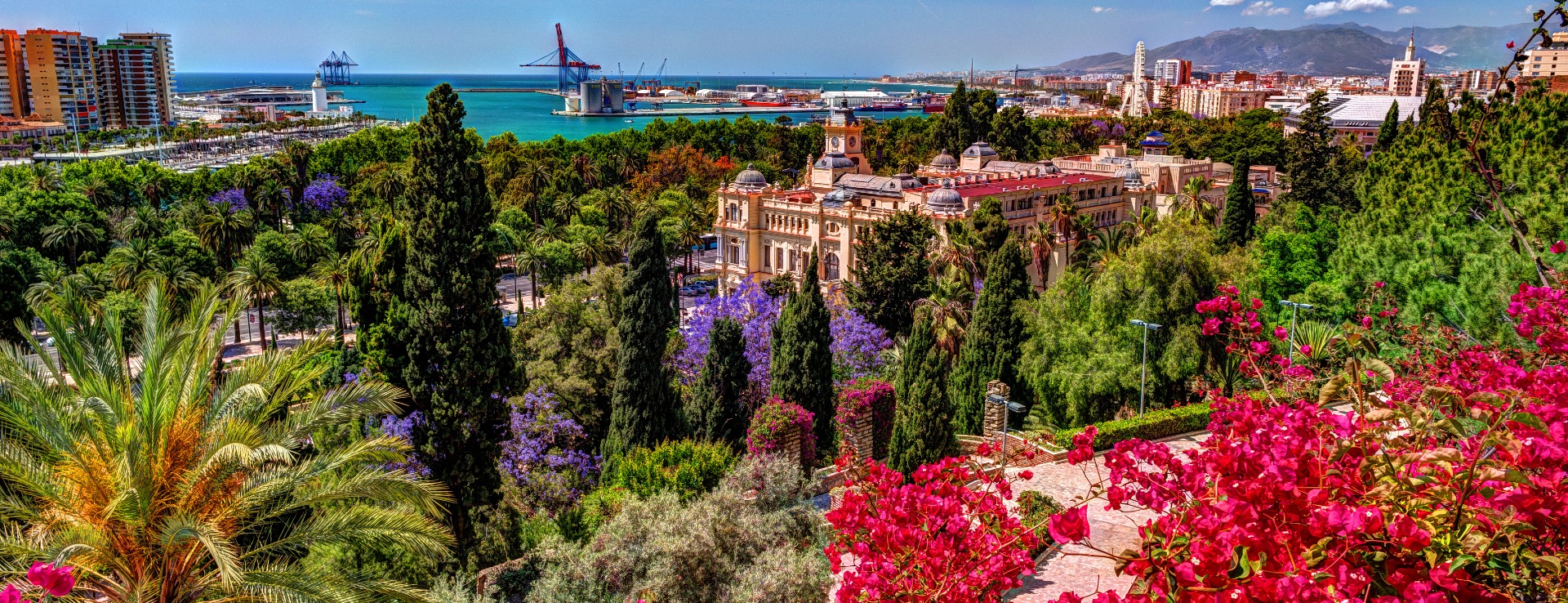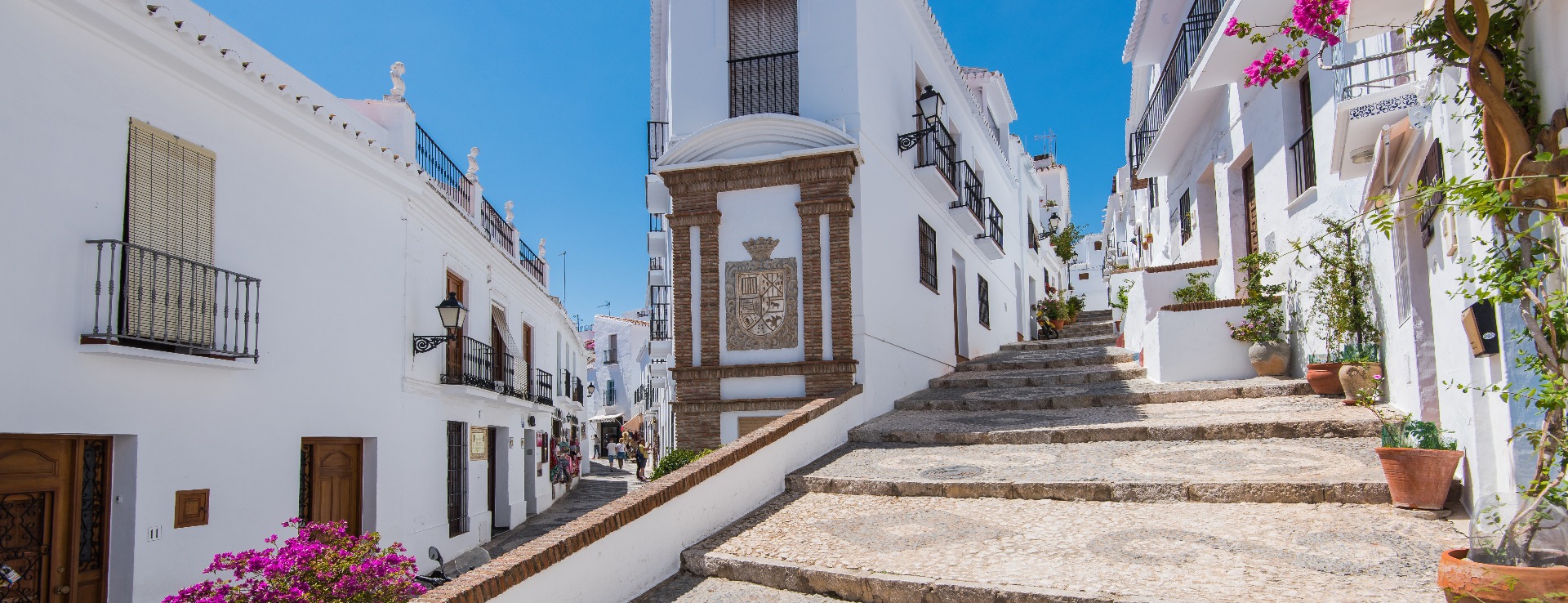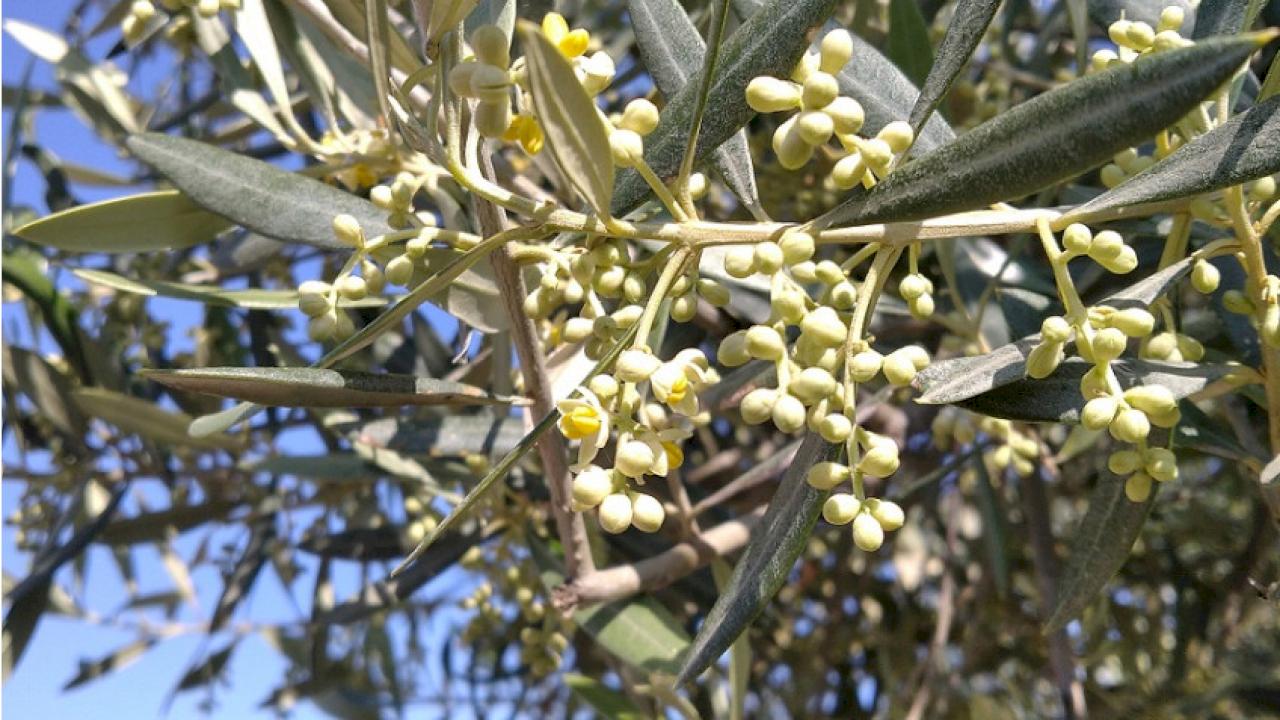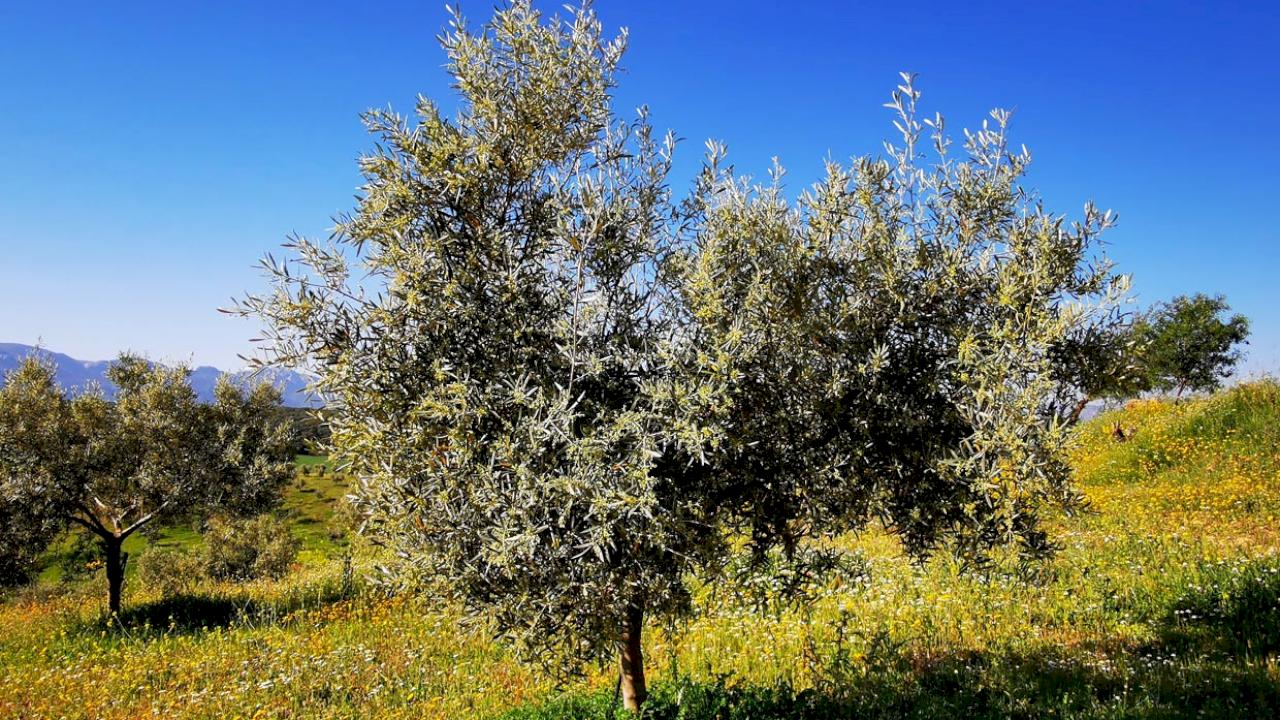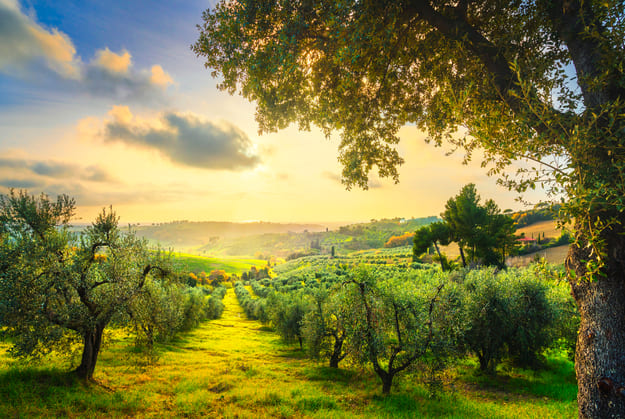Find your olive grove or oil mill
Infographic of the area
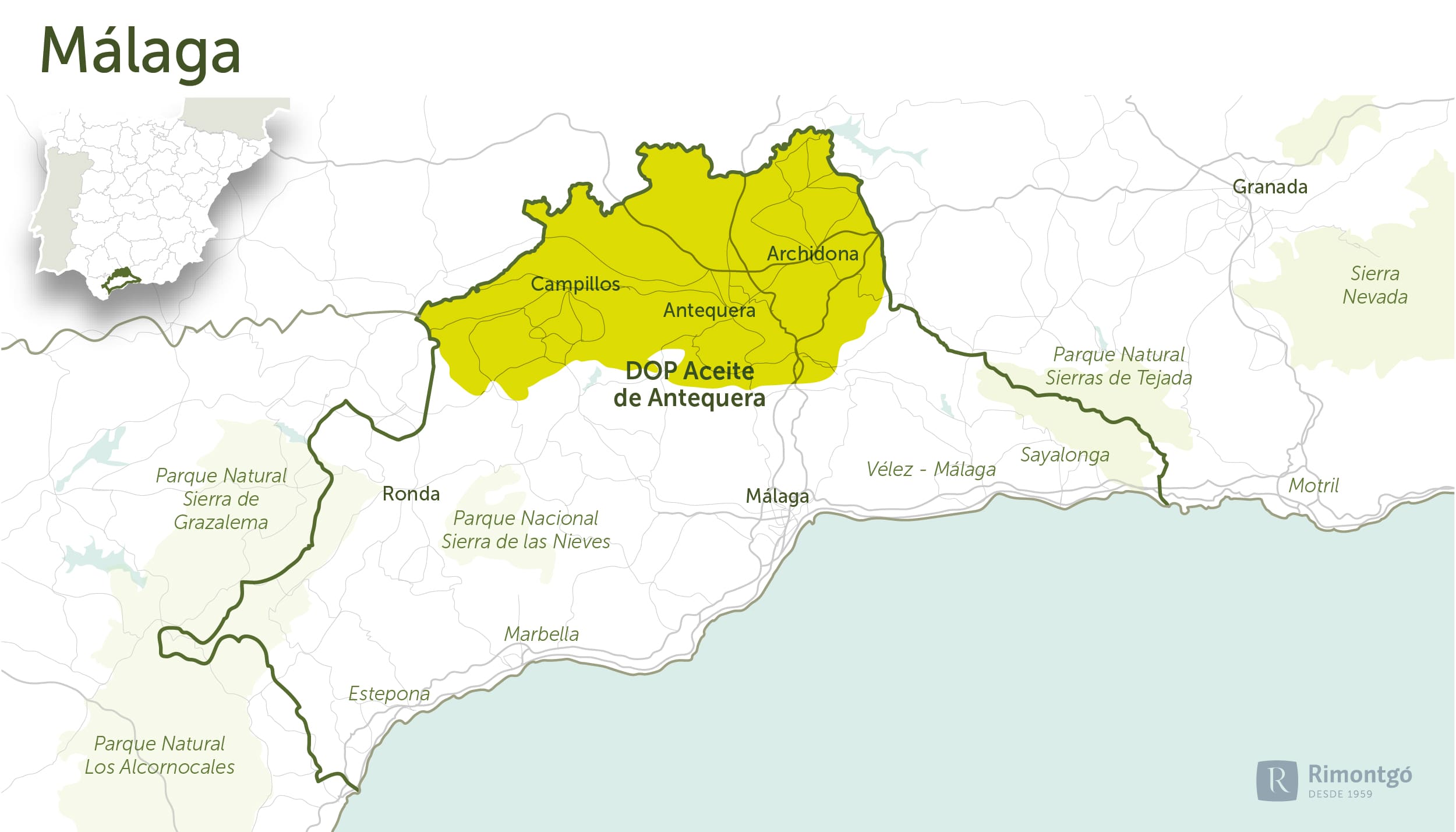
Málaga
In Malaga, the Antequera DO stands out as the only olive DO in the province.
Antequera DO
The municipalities of the Antequera DO are: Cañete La Real, Almargen, Teba, Campillos, Sierra Yeguas, Fuente Piedra, Antequera, Humilladero, Mollina, Alameda, Palenciana (Córdoba), Cuevas Bajas, Cuevas de San Marcos, Villanueva de Algaidas, Archidona, Villanueva del Trabuco, Villanueva del Rosario, Vva. de Tapia.
Varieties
The main olive variety is the native Hojiblanca, which accounts for more than 90% of production and produces balanced oils, neither too bitter nor too sweet. There are other minority varieties such as Picual or Marteña, Arbequina, Lechín and some native to these lands where the olive grove is practically a monoculture, such as Gordalila de Archidona or Romerilla.
History
It was the Phoenicians who introduced olive growing to the western Mediterranean some 3,000 years ago. But it was during Roman times that the olive tree became one of the main crops in Andalusia, and oil was exported from here to all the confines of the Roman Empire. In fact, the oleum from this rich olive-growing region was transported in oil amphorae inscribed with tituli picti or engravings indicating the origin, the owner and the quantity of oil, in other words, an initial traceability that was used to pay a tax for the oil trade.
It is precisely an amphora of this type, with a circumscribed A inside it, which will be the symbol of the Antequera designation of origin, because this region was a major oil producer 2,000 years ago, as attested to by the forty or so archaeological sites of Roman mills dotted around the area.
Also dating from the Roman period, from the 1st to the 3rd century AD, is the rural system made up of almost fifty villae olearias scattered throughout the area. Archaeological remains have led to the recovery of Roman mills and to the discovery of petrified olive stones of the Hojiblanca variety, proving that the variety has been cultivated in the area for almost 2 000 years. This important find shows that the origin of the Hojiblanca variety may be linked to the Antequera region.
The period of Muslim presence is an obscure period, since there are no traces of olive oil mills in the area, but it is known that those people did a great deal of research into olive varieties.
The golden age of the Antequera olive grove corresponded to the end of the 19th century and the first third of the 20th century. The strong expansion of the olive grove at that time led to the development in the area of a mill machinery industry (presses, mills, hydraulic pumps, etc.) which supplied numerous mills and oil factories in the south of Spain at the beginning of the 20th century. The designation 'Antequera' always appeared next to the manufacturer's stamp on the machinery.
Climate and soils
The natural region of Antequera is located at the western end of the intrabetic depressions of Andalusia. It has particular geomorphological and climatic characteristics. The district covers a depressed area with a gentle topography (400-600 m altitude), surrounded by a series of mountain ranges to the north (Sierras Subbéticas) and south (Sistema Penibético), which provide particular microclimatic and soil conditions for olive growing.
The Antequera region has a temperate-warm Mediterranean climate, somewhat continentalised by its location within the intrabetic depressions of Andalusia. This situation causes great thermal contrasts between summers and winters, and between night and day. The low temperatures during the winter season delay the ripening period of the olives, especially in the Hojiblanca variety, which causes a change in the acidic profiles of the oils, increasing the levels of oleic acid to the detriment of saturated and unsaturated fatty acids.
The olive groves are located at altitudes ranging from 450 to 600 metres above sea level, on medium-depth, very chalky soils (20-70% carbonates). On this type of limestone soil, the Hojiblanca variety is very well adapted, as the tree is very demanding in the extraction of calcium from the soil. On the other hand, due to the endorheic nature of the Antequera Depression, which has given rise to various levels of fluvial terraces, there are a large number of tertiary deposits, including Mio-Pliocene red clays, which provide high levels of potassium to the olive grove and a high degree of moisture retention, which favour the vegetation conditions of the olive grove, as more than 90% of the surface area of this crop is dry land.
Olive oil mills
SCA. Agrícola Nuestra Señora del Carmen (Cuevas de San Marcos), SCA. San Cosme y San Damián (Almargen), SCA. Olivarera del Trabuco (Villanueva del Trabuco), SCA. Nª Sª Los Remedios (Antequera), Oleoalgaidas SCA (Villanueva de Algaidas), SCA. Olivarera La Purísima (Archidona), SCA. Nª Sª Rosario (Humilladero), SCA. Olivarera San Benito (Campillos), SCA. La Purisima Concepción (Alameda), SCA. Vega de Archidona (Arvega), SCA. San Isidro Labrador (Palenciana), SCA. Santa Rita (Villanueva de Tapia) and SCA. Virgen de las Virtudes (Fuente de Piedra).
The Dcoop cooperative is the cooperative group that brings together the vast majority of olive mills and olive growers in the region.
Olives
Subscribe to our mailing list to receive news about olive groves and oil mills.

